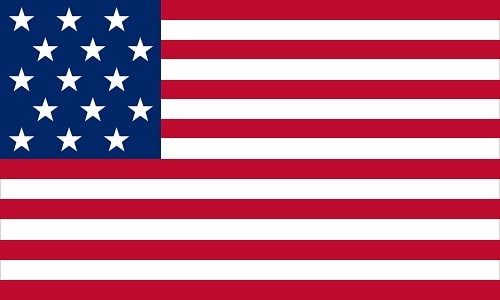
Ambassadors and other overseas government representatives traveling to the United States to involve only in official responsibilities or activities on behalf of their state government must get A-1 or A-2 visas before entering the United States. They cannot travel with tourist visas or under the Permit Waiver Program. With the exclusion of a Head of State or Government who meets the requirements for an A visa, nonetheless, of the determination of visit your position within your country's Government and your drive of travel govern whether you need an A-1 or A-2 visa. Immediate household members of ambassadors and government bureaucrats obtain A-1 or A-2 visas, with few concessions. Private employees, assistants, or domestic employees for ambassadors and government spokespersons (holding a legal A-1 or A-2 visa) may be allotted A-3 visas.
To meet the requirements for an A-1 or A-2 visa, you need to be traveling to the United States on behalf of your state government to involve only in authorized doings for that Government. The precise responsibilities or services that will be done must be judicial in character or nature, as set on by the U.S. Department of State, following U.S. immigration laws. Government bureaucrats traveling to the United States to do non-governmental purposes of a profitable nature, or going as visitors, need the proper visas and do not meet the requirements for permits. The circumstance that there may be government attention or control in a specified organization is not in itself the defining influence in determining if you be eligible for an A visa.
There are some steps to apply for a visa. The instruction of these stages and how you complete them may differ at the U.S. Embassy or Consulate where you apply. Please check the directions accessible on the embassy or consulate website where you will apply.
About Visa Interviewers: As a portion of the visa request procedure, an interview at the U.S. Embassy or Consulate is needed for most visa candidates applying overseas. Embassies and consulates usually do not require interviews for those applying for A-1 and A-2 visas, even though a consular officer can demand a meeting. Private staffs, domestic workforces, and assistants of A-1 or A-2 visa holders applying for A-3 visas are essential to be interviewed.
Complete the Online Visa Application
Submit Required Documentation: All candidates for A visas must gather and bring the ensuing required papers to the U.S. Embassy or Mission in your home state:
Additional Documentation May Be Required: Evaluiate the directions for in what way to appeal for a permit on the website of the U.S embassy or consulate where you will apply. Supplementary papers may be demanded to establish if you are qualified.
Immediate Family Members: The Visa application process for your immediate household members are the same as for you.
(Important Notice: Operative immediately, U.S. embassies and consulates will judge visa requests that are founded on same-sex marriage in the same way that we judge claims for opposite gender spouses)
Immediate family associates are defined as the spouse and unmarried sons and daughters who are members of your home, even if studying in a diverse place. An immediate household member may also be a person who regularly exists in your home, is not a affiliate of some other household, and is known as your direct family associate by the sending Government, as verified by entitlement for privileges and aids, such as the issuance of an ambassadorial or authorized passport or trip and other stipends.
In adding to a spouse and unmarried sons and daughters, immediate family affiliates who may succeed to accept A-category visas contain:
A household member who does not meet the requirements as a family member, as defined above, may succeed for a visitor (B-2) visa. Visitor visa candidates are needed to pay visa application and issuance fees, if applicable.
How you complete the different stages essential to apply for a visa differs according to the U.S. Embassy or Consulate where you apply. As part of the visa request process, an interview at a U.S. Embassy or Consulate outside the United States is obligatory. The employer and staffing agent does not appear in the conversation.
Schedule an Interview
You need to book an appointment for your visa interview at the U.S. Embassy or Consulate in your home state, in the country where you are now residing, or in the country where you are physically existing. Please consult the directives accessible on the embassy or consulate website.
Prepare for Your Interview
A-3 Visa candidates need to submit each of the items explained in this webpage and How to Apply sections including:
Persons who meet the requirements for an official visa classification ( A, G, C-3, NATO) are exempted from paying visa fees.
Further About Visa Fees:
Persons holding diplomatic passports may also be excused from visa fees nevertheless of visa cataloging and purpose of travel if they meet one of the following classes. Ownership of a foreign passport or the equal is not by itself adequate to meet the requirements for a no-fee diplomatic visa. The consular officer will determine whether the visa candidate succeeds for the exclusion of fees under U.S. immigration laws. Official passport holders are not charged for authorized visas but need to pay visa application and reciprocal issuance fees, if applicable, for all non-official visas.